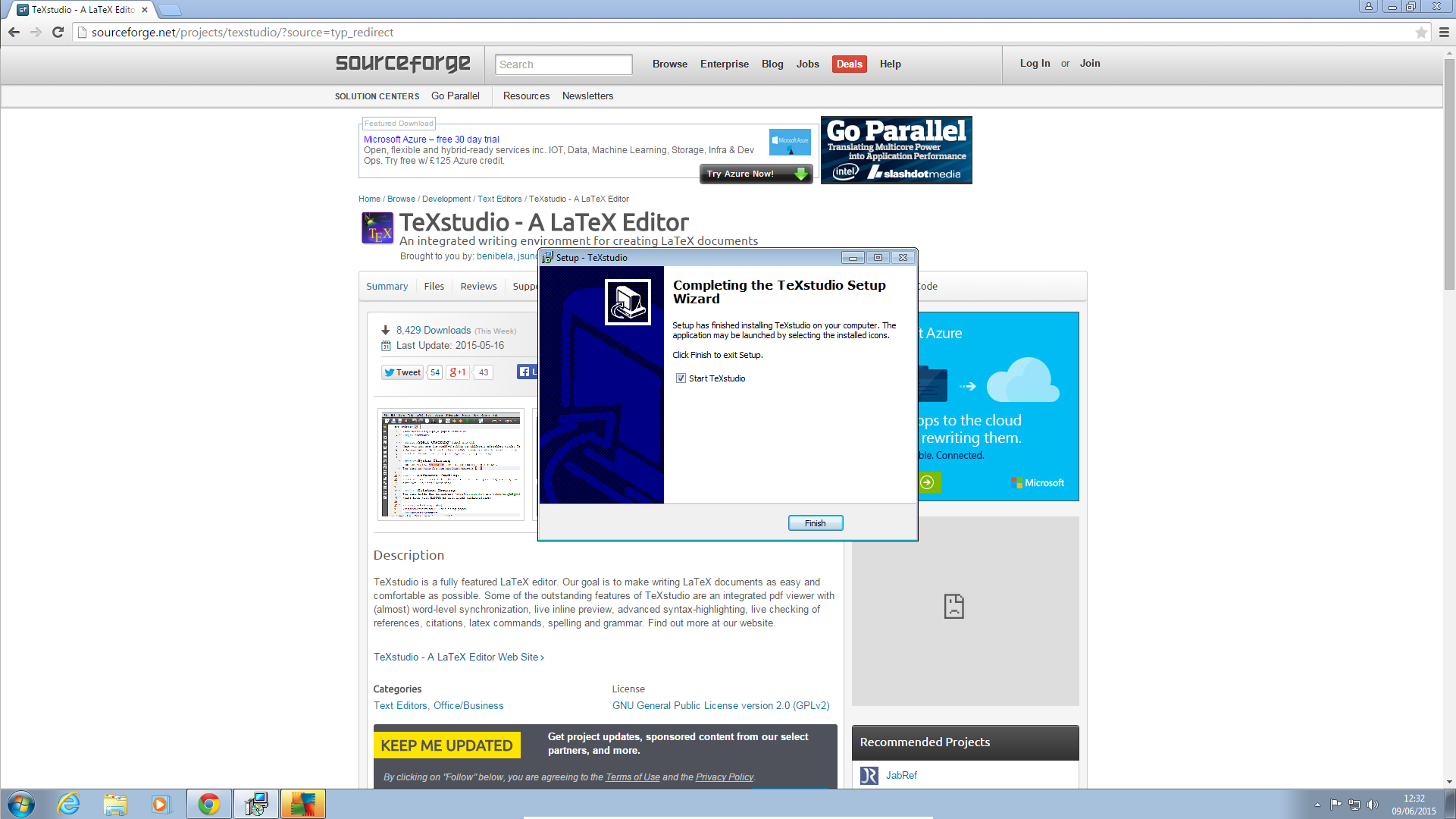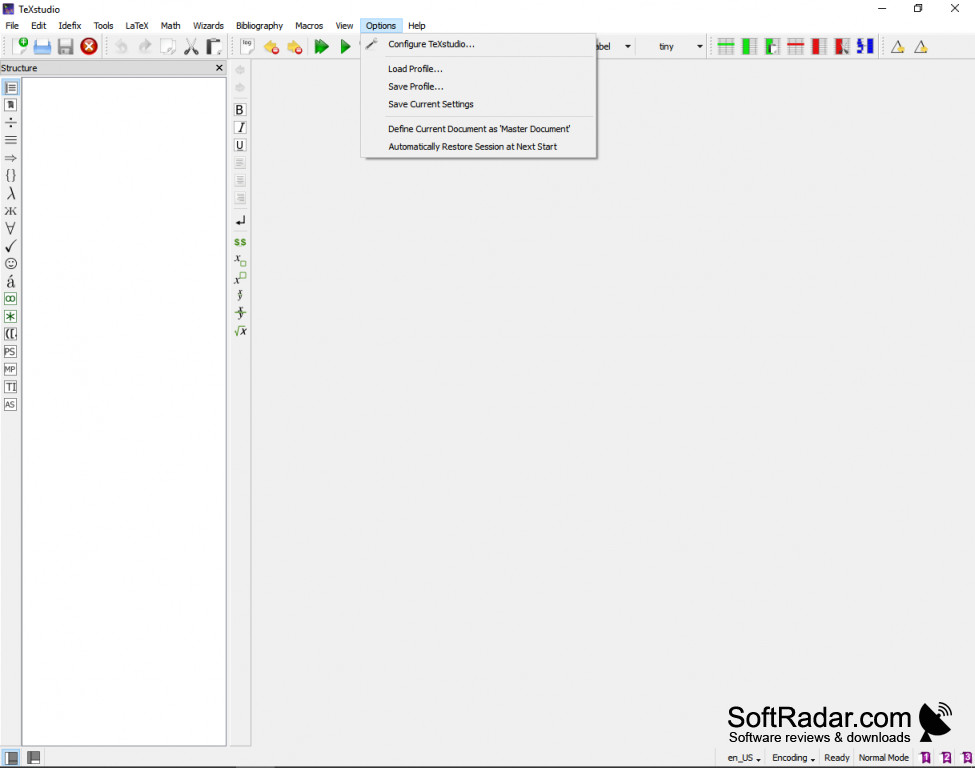

usr/texbin/latex-src-interaction=nonstopmode%.tex/usr/texbin/pdflatex-synctex=1-interaction=nonstopmode%.tex/ Usr/texbin/xelatex-synctex=1-interaction=nonstopmode%.tex/usr/texbin/lualatex-synctex=1-interaction= Nonstopmode%.tex/usr/texbin/dvips-o%.ps%.dvi/usr/texbin/dvipng-t tight-d%.dvi/usr/texbin/bibtex texbin/bibtex8%.aux/usr/texbin/biber%/usr/texbin/makeindex%.idx/usr/texbin/texindy%.idxsh-c "PATH= $PATH:/usr/ texbin/ Makeglossaries% "/usr/texbin/mpost-interaction=nonstopmode me"/usr/texbin/asy? m*.asy We manually modify the path in the commands, the original path containing the/usr/texbin/is: But opening this mode will reduce the security of the system, so it is recommended to use the following method, only modified once, once and for all.Ģ. Sudo Ln -s/usr/local/texlive//bin/x86_64-darwin/usr/texbinīut we have to open the rootless mode, see this post for the Open method. Create a symbolic link for both (symbolic link) by following this line of code: There are two ways to resolve this error:ġ. Tex"This error, which is why, we opened Texstudio, Options-commands found, The paths to these commands are not correct, many of them start with/usr/texbin/, but our USR folder does not texbin this file, our latex files are mostly on the/usr/local/texlive/2016/bin/x86_ 64-darwin/below.
#TEXSTUDIO SETUP INSTALL#
The plugin definitely needs some refreshing as well.Using Latex on a Mac is the main way to install MacTeX, there are a lot of options for the IDE, like what comes with texshop, or texstudio,latexian,texpad,texmaker, and can even use some common programming ides directly, such as macvim,emacs,sublime text and so on.īloggers like to use Texstudio, in the configuration MacTeX and Texstudio will encounter a problem, that is, when compiling latex, will appear "Could not start the command:/usr/texbin/pdflatex- Synctex=1-interaction=nonstopmode "main". lyx is particularly tricky if you are using non-windows encoding under Windows, and will not work for really complex documents.
#TEXSTUDIO SETUP WINDOWS#
It doesn't seem to work under Windows either. Note however that the plugin does not support other languages than English. If your document is in English and your document class fairly simple, you might try to convert your document to lyx, and then try the LanguageTool plugin for LyX. However, opendetex seems to do the job quite satisfactorily. Some people use detex to convert TeX files to pure text but your mileage may vary: detex may work incorrectly for many kinds of input.

tex files to OpenDocument and then use our extension for LibreOffice: this allows to check both on-the-fly and using a dialog box (if you don't like our simple GUI). LanguageTool strips all HTML or XML markup if you specify -xmlfilter (although this option has its bugs), so it should be an easy solution. You can convert your (La)TeX source to html using Tex4ht and check the html file. tex files, simply go to OmegaT support and file an issue. Anyway, if you see any problems with its treatment of your. OmegaT does not include a fool-proof parser of TeX but it does a pretty good job. Also, the script includes two other files: omegat.project, whose job is to specify the language of the. Obviously, the install path of OmegaT is taken from my computer and you need to tweak it if you installed OmegaT in some other place. After you have done correcting, you need to create a target file (usually, it's simply Ctrl+D), and in the latexcheck\target directory, a corrected file will be created. When the OmegaT is open, you simply move around sentences (or "segments") by using the command to move to the next segment (usually Ctrl+N).
#TEXSTUDIO SETUP FREE#
Feel free to send the file to me if you changed my script this way. If you are using a Unix-like operating system, you need to create a shell script but it should be pretty straightforward. tex file as its argument, and creates a pseudotranslation project for OmegaT. Java -jar "C:\Program Files (x86)\OmegaT\OmegaT.jar" latexcheck Java -jar "C:\Program Files (x86)\OmegaT\OmegaT.jar" latexcheck -mode=console-createpseudotranslatetmx -pseudotranslatetmx=latexcheck\tm\tm.tmx -pseudotranslatetype=equal


 0 kommentar(er)
0 kommentar(er)
